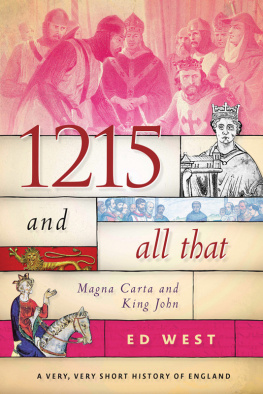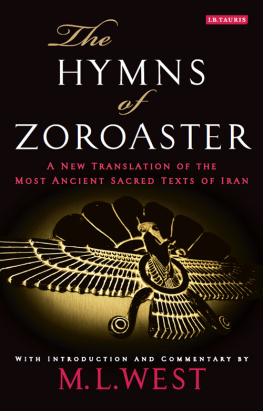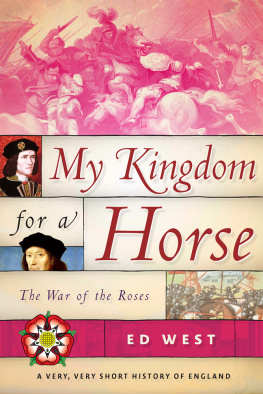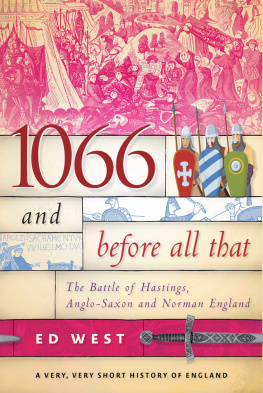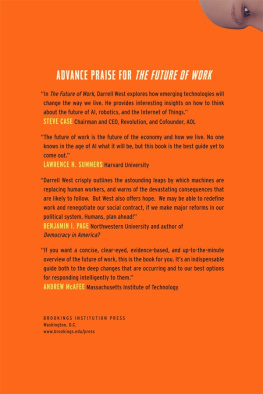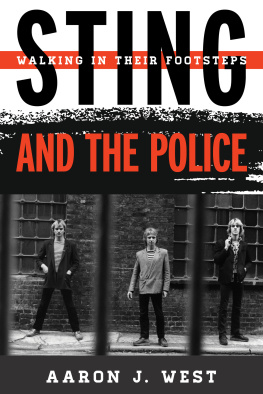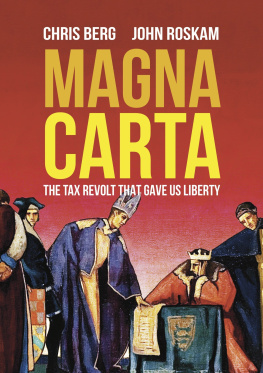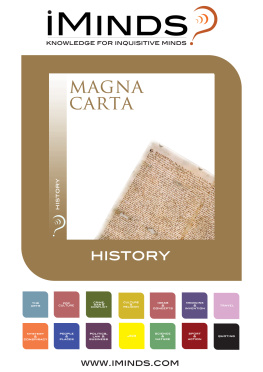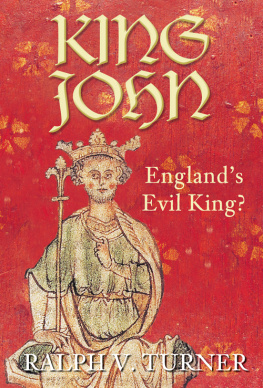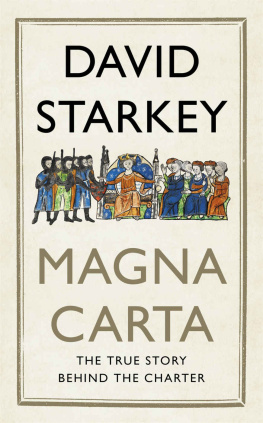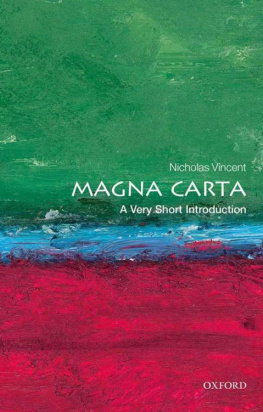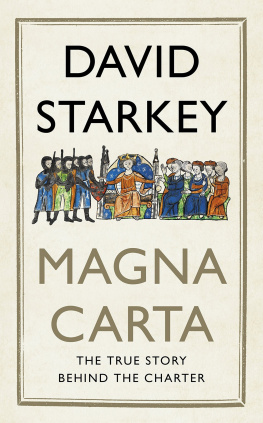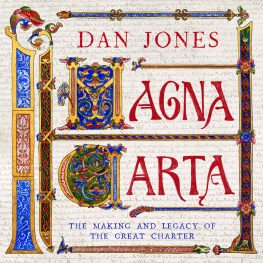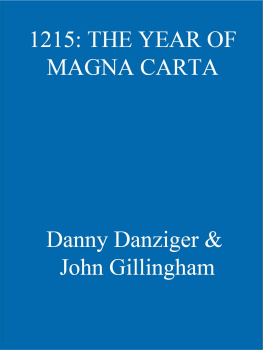
Copyright 2017 by Ed West
All rights reserved. No part of this book may be reproduced in any manner without the express written consent of the publisher, except in the case of brief excerpts in critical reviews or articles. All inquiries should be addressed to Skyhorse Publishing, 307 West 36th Street, 11th Floor, New York, NY 10018.
Skyhorse Publishing books may be purchased in bulk at special discounts for sales promotion, corporate gifts, fund-raising, or educational purposes. Special editions can also be created to specifications. For details, contact the Special Sales Department, Skyhorse Publishing, 307 West 36th Street, 11th Floor, New York, NY 10018 or .
Skyhorse and Skyhorse Publishing are registered trademarks of Skyhorse Publishing, Inc., a Delaware corporation.
Visit our website at www.skyhorsepublishing.com.
10 9 8 7 6 5 4 3 2 1
Library of Congress Cataloging-in-Publication Data is available on file.
Cover design by Rain Saukas
Print ISBN: 978-1-5107- 1987-3
Ebook ISBN: 978-1-5107- 1992-7
Printed in the United States of America
Contents
No free man shall be seized, imprisoned, dispossessed, outlawed, exiled or ruined in any way, except for the lawful judgement of his peers and the laws of the land.
Magna Carta, Clause 39
Introduction
O ne day in June 1944, King George VI was driving back to Windsor from London in a furious mood. The powerful wartime Prime Minister Winston Churchill had just overruled him once again, frustrating the stammering kings attempt to have a say in government. The monarch, a gentle and nervous figure who was well on his way to smoking himself to death through sheer anxiety caused by a job he didnt want and which his useless brother Edward had forced on him, happened to pass by a spot near the Thames. As his secretary Alan Lascelles later recalled: Suddenly he threw his arm out of the window and exclaimed And thats where it all started!
The place was Runnymede and it was there that, in 1215, Georges ancestor King John (also the ancestor of Churchill and the US president Franklin Roosevelt) was forced into a peace treaty with his leading barons that would have a profound impact on the country and the world. It came about over frustration at the misrule of the kings family, known to us as the Plantagenets, but it established fundamental principles about the rule of law that would spread to the English colonies and worldwide. This Magna Carta, as it became known later that century, would form the basis of the rule of law and due process in England and around the globe.
At the time of King Georges outburst the descendants of those barons, ruling states on both sides of the Atlantic, were on the cusp of winning a worldwide existential war being fought between those who believed in the rule of law and those who didnt. Their victory would globally implement the freedoms that we have come to think of as Anglo-Saxon, although in the context of this story we might better call them Anglo-Norman, created as they were by the French-speaking aristocracy of thirteenth-century England.
England does not really go in for national monuments, and when it does they are often eccentric. There is no great shrine to Alfred the Great, for example, who united and saved the country at the start of its history, but we do have, right in the middle of London, a large marble memorial to the animals that gave their lives in the fight against Fascism. And Runnymede, which you could say is the birthplace of English liberty, would be a deserted wood were it not for the Americans. Beside the Thames, some ten miles outside Londons western suburbs, this place between Windsor and Staines, as it is called in the original document, is a rather subdued spot, with the sound of constant traffic close by and in the distance that of the M25 motorway and airplanes landing and taking off at Heathrow Airport. Crossing the A308 from the other side of the road is actually quite hazardous, and once there youd have no idea it was a momentous place if it wasnt for an enclosure with a small Romanesque circus, paid for by the American Association of Lawyers in 1957.
American lawyers are possibly not the most well-loved group on earth, but it would be an awful world without them, and for that we must thank the men who on June 15, 1215, forced the king of England to agree to a document, The Great Charter of the Liberties.
Magna Carta was not the first time a king had made such a contract. Two centuries earlier in 1014, the hopeless Ethelred II gave a similar promise after returning to the kingdom from which the Danes had kicked him out; he was so unpopular that his subjects were fairly ambivalent about whether they wanted Ethelred back after the death of the Viking pirate-king Sweyn Forkbeard who had seized the throne. Since then, various monarchs had made promises about ruling with the consent of the people, which they usually ignored.
Long before Ethelreds time, the Anglo-Saxons held witans and had some vague idea of the law being something that belonged to everyone, although how much of this is myth making from the seventeenth century is a matter of debate. Runnymede may have been the site of a witan in the pastruineg perhaps being a regular meetingbut we cannot know for sure, and what happened in 1215 was most definitely fundamentally different. It established not just restraints on the monarch but also the rule of law, no arrest without charge, just cause and other essential principles.
Although John went back on the agreement almost immediately, and the country fell into civil war, by the end of the century Magna Carta had been written into English law; today, eight hundred years later, it is considered the most important legal document in history. As the great eighteenth-century statesman William Pitt the Elder put it, Magna Carta is the Bible of the English Constitution.
Two weeks before the kings dressing down by Churchill, the armies of the democracies had landed in Normandy, the ancestral home of the kings of England, and from where they had made the reverse journey nine centuries earlier. The victories by English-speaking forces the following year would not just crush Nazism but make the ideas of 1215 universal, worldwide values, even if in much of the world they remain unenforceable and theoretical.
How did this all happen here in England? The story begins a hundred years earlier with some drunken sailors in the English Channel.
____________
Of the twenty-five rebels who brought about Magna Carta, sixteen had a surname beginning with de.
Bibliography
This is an introduction to the subject and far more can be discovered in detail from the following:
Ackroyd, Peter. Foundation (The History of England, Volume I)
Asbridge, Thomas. The Greatest Knight
Bartlett, Robert. England Under the Norman and Angevin Kings
Bartlett, Robert. The Making of Europe
Bridges, Antony. The Crusades
Brooke, Christopher. The Saxons and Norman Kings
Carpenter, David. Magna Carta
Castor, Helen. She-Wolves
Church, Stephen. King John
Danziger, Danny, and Gillingham, John. 1215: The Year of Magna Carta
Fraser, Antonia. The Lives of the Kings and Queens of England
Gillingham, John. Conquest, Catastrophe and Recovery
Gillingham, John. Richard I
Gimson, Andrew, Gimsons Kings and Queens
Hannam, James. Gods Philosophers
Hannan, Daniel. How We Invented Freedom
Harvey, John. The Plantagenets
Hibbert, Christopher.
Next page
